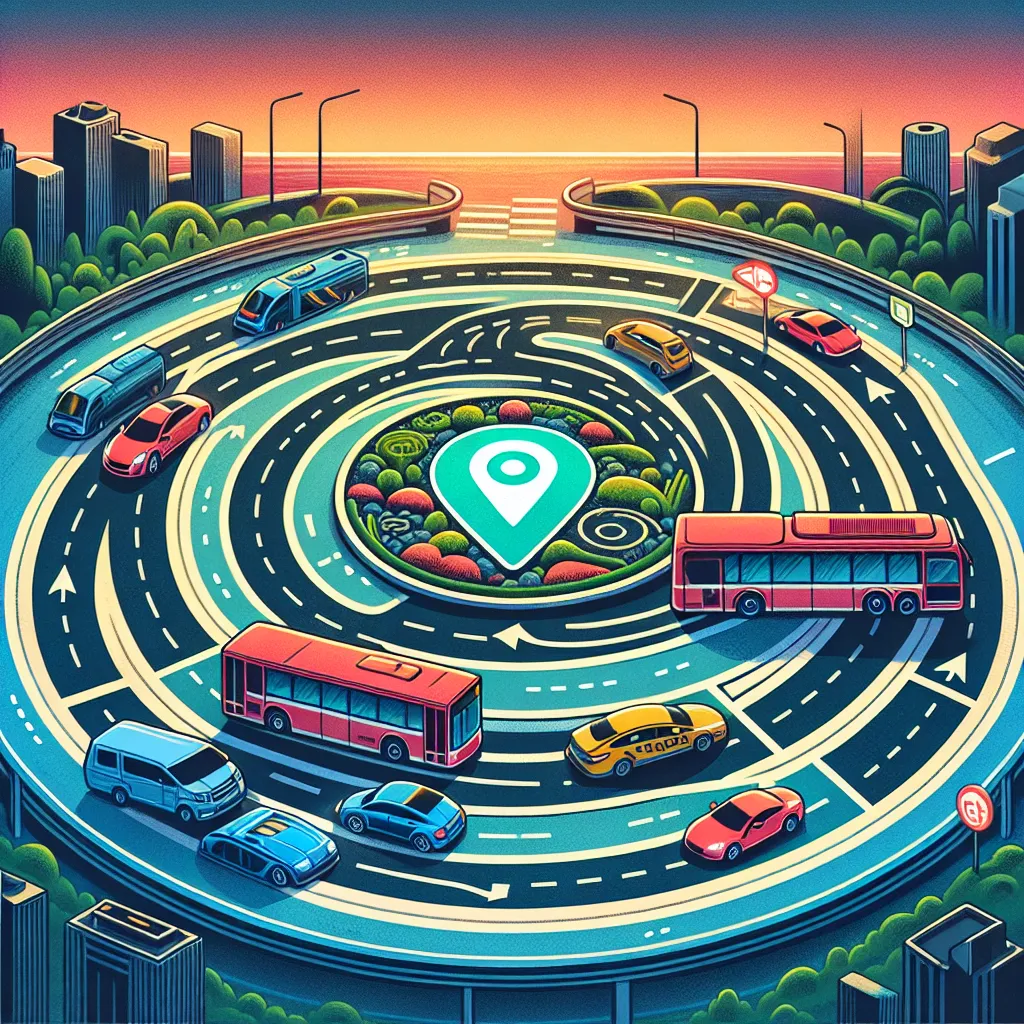Please translate this English text to French: ‘Waze, the navigation app owned by Google, is adding some new features. Some of these are safety-oriented, like alerts about first responders or speed limit changes. Others are convenience-minded, like help navigating roundabouts or parking information. It’s also expanding its use of crowdsourcing to determine road conditions. When Google bought Waze in 2013, the navigation app was already well-liked for adding a slightly social aspect to in-car navigation—something that seems adorably quaint and perhaps unthinkable these 11 years later. Over the years, Google has slowly incorporated more of Waze’s features into its own Google Maps platform and taken away Waze’s autonomy, too. In 2022, it was formally merged into the same division at Google that runs Maps, and last year, Google laid off some workers and ditched Waze’s own ad platform for Google ads. Considering Google’s notorious nature when it comes to wielding an axe to much-liked apps or services, it’s fair to wonder how much longer Waze will continue to exist. But despite this existential threat, Waze continues to update and improve its app. Last year, it added crash history alerts to warn drivers of crash hotspots they might be approaching. Now, it’s going to add speed limit alerts to both Android and iOS users later this month, which begins notifying a user that there’s an impending speed limit decrease once it’s within 500 feet. This functionality can commonly be found on new cars that use camera-based lane-keeping systems, but for everyone else on the road, it ought to be a handy update.’
Alerte Cybersécurité : Le Malware TamperedChef se Propage via de Faux Installateurs
Une nouvelle campagne de cyberattaque mondiale a été détectée, utilisant un malware sophistiqué nommé TamperedChef (ou BaoLoader) qui se propage

